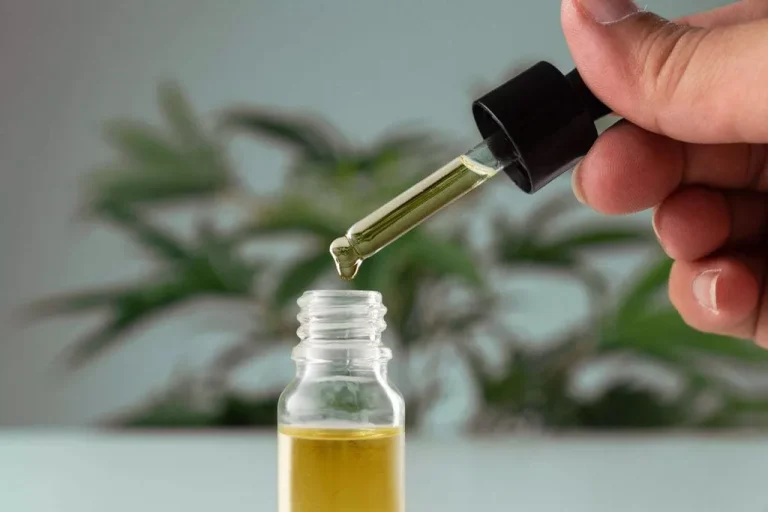
Some people find that alcohol helps them deal with stress or when they’re feeling low. It might make you feel more relaxed, but it’s not a healthy way of managing these feelings. Depending diabetes and alcohol on what you like to drink, there can be a lot of calories in alcohol. Your risk of having a hypo doesn’t go away after you stop drinking – it increases, and can last up to 24 hours.
Alcohol’s Effects on Blood Sugar Levels of Diabetics
Likewise, euglycemia is maintained in overnight fasted rats [12] and mice [13] after acute alcohol intoxication. Moreover, there is little evidence of acute alcohol-induced hypoglycemia in humans or animals under the more physiological relevant condition of adequate nutrition [14,15,16]. In contrast, a severe and https://ecosoberhouse.com/ sustained hypoglycemia is elicited when alcohol is acutely administered to humans [9,17,18] or animals [19,20] fasted ~3–4 days. Thus, hypoglycemia would only be anticipated in humans with alcohol use disorder (AUD) who also have a relatively poor nutritional status or severely impaired liver function [21].
Impact of Alcohol on Glycemic Control and Insulin Action
Additionally, humans chronically consuming alcohol often have some type of hypercholesterolemia, cardiovascular disease and/or heart dysfunction, and only recently have attempts been made to mimic this situation in animal models [152,154,155,156]. With methodological advances, future studies should be able to illuminate more subtle or nuanced effects of alcohol on cellular and molecular mechanisms of action which will improve understanding of how this drug exerts its influence at the organ and organism level. However, care must be exercise in the use of preclinical models, both animals and cell-based, to investigate mechanisms underlying phenomena which are actually observed in humans with alcohol use disorders. Ultimately, the importance of these alcohol-induced effects on insulin action and glucose homeostasis will need to be assessed in the context of whether they significantly alter the risk for the development of type 2 diabetes and other metabolic disturbances. In people with either type 1 or type 2 diabetes, single episodes of alcohol consumption (i.e., acute alcohol consumption) generally do not lead to clinically significant changes in blood sugar levels. In fact, some studies have indicated that isolated episodes of drinking with a meal may have a beneficial effect by slightly lowering blood sugar levels that tend to rise too high in diabetics (Swade and Emanuele 1997).
- Indeed, in a meta-analysis exploring the relationship between alcohol consumption and all-cause mortality, reductions in risk were attenuated when data were restricted to studies that excluded former drinkers from the referent category (18).
- Thus, brain is one of the most vulnerable organs from alcohol-induced toxicity.
- However, this depends on the style of Champagne — dry and brut varieties are low in sugar.
The Relationship Between Alcohol and Diabetes
Similarly, an early study using PET imaging in humans also reported a reduction in brain glucose uptake after acute alcohol intoxication [77]. Likewise, rodent studies show acute alcohol-induced inhibition of glucose uptake in several brain regions [78,79,80,81] and a decrease in the rate of glucose utilization by numerous regions in the isolated perfused mouse brain [82]. However, in recent studies the in vivo uptake of 2-DG by the whole brain did not differ in response to either acute [12,73,83] or chronic [14] alcohol in rats. Despite these recent conflicting observations, most data from human and preclinical studies suggest that alcohol decreases basal glucose uptake by the brain. Dose-response analyses exploring the association between alcohol consumption and incident type 2 diabetes have typically identified a reduction in risk at relatively moderate levels of exposure among both men and women. Your liver releases glucose into your blood stream as needed to help keep your blood sugar at normal levels.
Supplementary data
Alcohol is absorbed directly into the bloodstream from the stomach or the small intestine, and it’s then carried through the body and delivered to the liver. While the liver metabolizes alcohol, it cannot convert stored glycogen into the glucose needed to stabilize blood sugar levels. Studies show drinking moderately (about one drink per day) may improve heart health and decrease the risk of diabetes. However, some studies don’t account for frequency, the population being studied, and the types of beverages consumed.

Metformin and Ozempic are two widely used diabetes medications for managing type 2 diabetes, each with distinct… Actos can interact with certain antidiabetic medications, which are used to treat diabetes. If you have questions about consuming alcohol while taking Actos, talk with your doctor or pharmacist.
- This glucose is released into the bloodstream to bring levels up to normal.
- This priming effect develops within several hours [108] and occurs at relatively low alcohol concentrations (10 mM) [85].
- Some alcoholic drinks are worse than others when you have type 2 diabetes.
- The important thing to understand, though, is that this presumed benefit is just a theory.
- Lastly, basal and GSIS are decreased in isolated islets from chronic alcohol-fed mice [100].
- Although most studies indicate that acute and chronic alcohol intake does not dramatically change total whole-body glucose disposal under basal conditions, such measurements assess the integrated effect of alcohol on numerous peripheral tissues.
- Thus, both neuropathy and vascular disease likely play significant roles in impotence in diabetic men.
Discover more about Type 2 Diabetes

Low-dose alcohol does not acutely alter whole-body glucose effectiveness [60,61] but there are no data pertaining to the ability of alcohol to independently regulate NIMGU at the tissue level. While many people with diabetes can drink alcohol in moderation, it’s important to understand the possible risks of alcohol use and what you can do to lower them. You should also talk with your health care provider to see if it is safe for you to drink. Supplementary analyses reported as part of this meta-analysis indicate that such factors may have an effect upon degree of observed risk reduction. Furthermore, relative to studies using objective measures of case ascertainment, reductions in risk were greatest among those that relied upon self-reported measures (Supplementary Fig. 4).
3. Basal Hepatic Glucose Metabolism

Are there benefits to drinking alcohol with diabetes?

